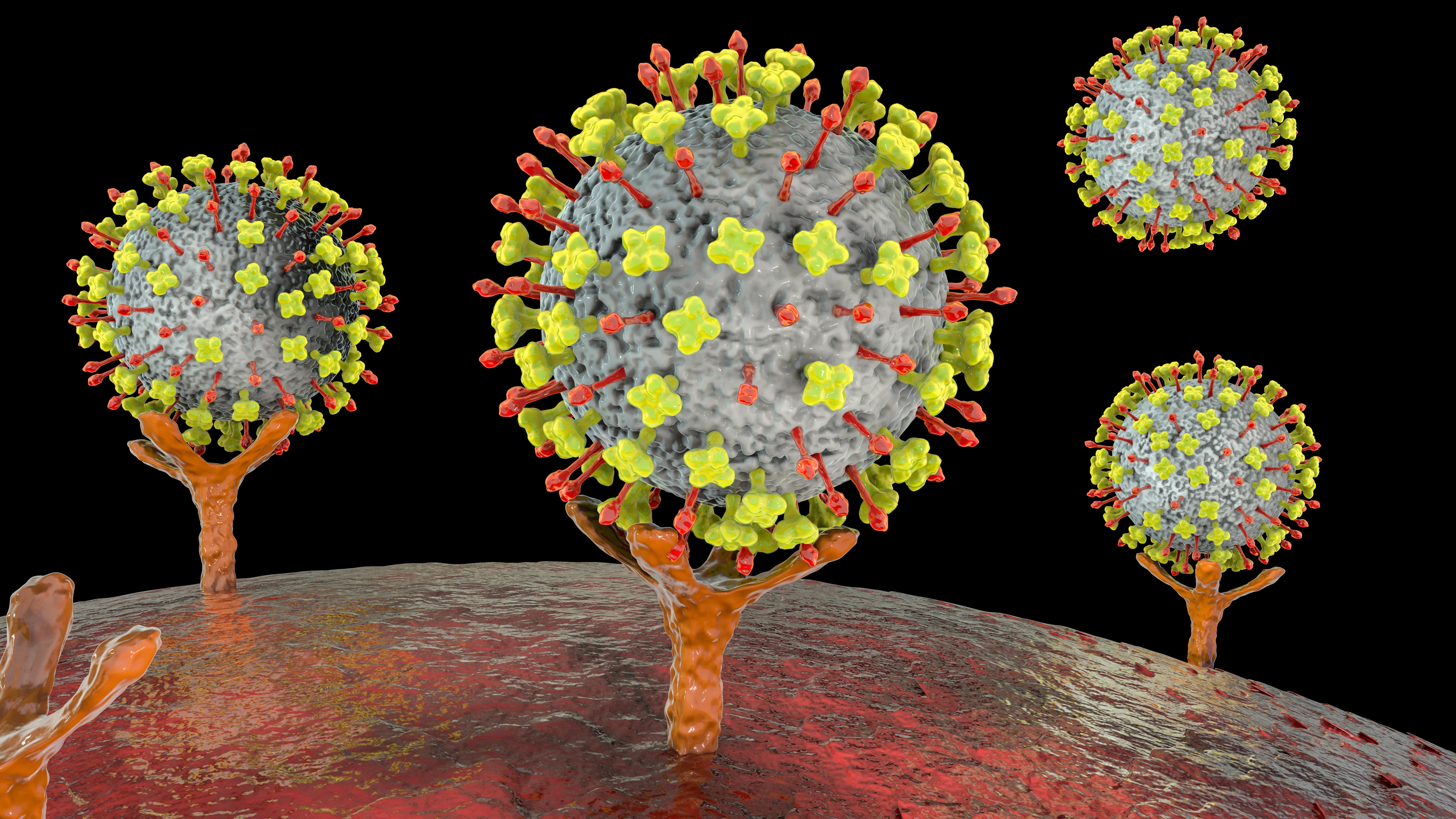
Twenty-five years after the first human outbreak of Nipah virus, a novel Nipah monoclonal antibody—which could offer people at risk of infection immediate protection against the deadly disease—is planned to undergo human clinical trials in India and Bangladesh.
These clinical trials will assess the safety and tolerability of a Nipah monoclonal antibody (mAb), a protein that mimics natural antibodies by binding to the virus and preventing infection, which is designed to protect people in Nipah-affected countries from contracting the disease.
With $43.5 million in funding from CEPI, the human trials are intended to commence in 2025, pending regulatory approval. Led by non-profit biotechnology company ServareGMP and supported by Mapp Biopharmaceutical, the trials will assess the Nipah mAb, MBP1F5, in healthy adults at multiple clinical trial sites in India and Bangladesh—two countries that suffer Nipah outbreaks almost every year.
Funding will also support preclinical studies seeking to expand the use of the mAb from pre-exposure prophylaxis (before someone is exposed to a virus) to post-exposure prophylaxis, that is, for people shortly after infection with the virus. ]
Nipah virus, a zoonotic disease of the Paramyxovirus family, kills up to 75 per cent of the people it infects. Currently, there are no approved treatments or vaccines to defend against it. This Nipah mAb is currently funded through Phase 1 safety testing by the US Department of Defense (US DoD), Joint Program Executive Office for Chemical, Biological, Radiological and Nuclear Defence, under contract to Mapp. CEPI will support further clinical safety testing led by ServareGMP and Mapp upon completion of the US DoD Phase I trial.